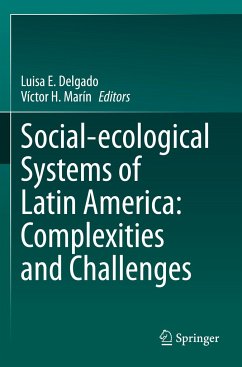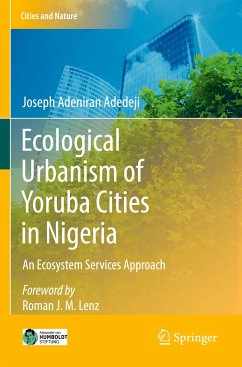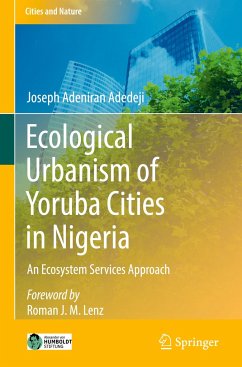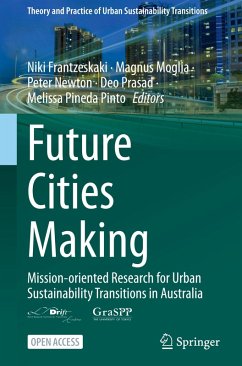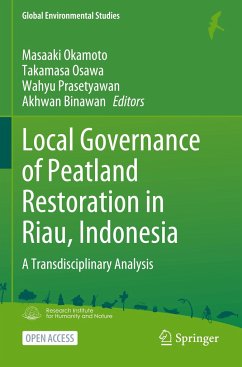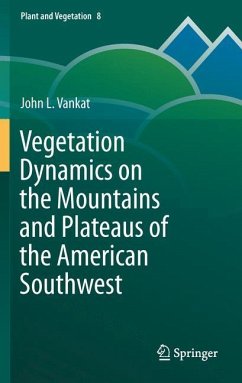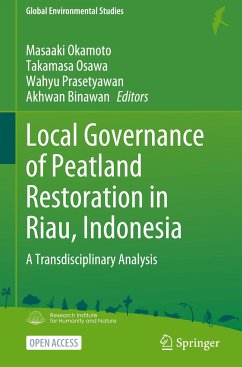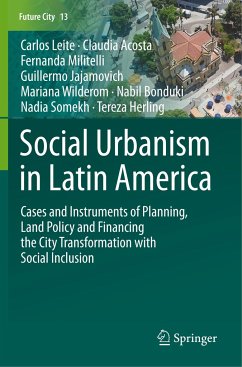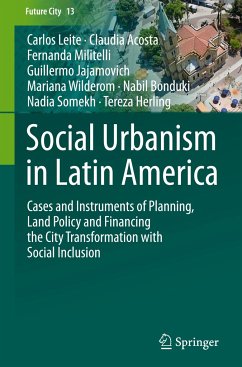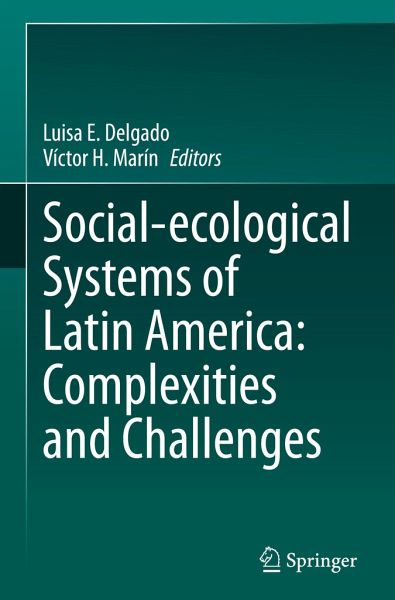
Social-ecological Systems of Latin America: Complexities and Challenges

PAYBACK Punkte
61 °P sammeln!
Human societies are influencing nature in such a way that their independent analysis is no longer suitable. Fortunately, social-ecological systems provide a conceptual framework for the interconnected analysis of societies and ecosystems. However, in the case of Latin America, the complexity of social-ecological processes undermined a much-needed compilation of theoretical concepts, methods and case studies. Increasing readers' understanding of such systems using a postnormal approach, the book discusses current concepts and methods with examples of studies from eight countries. It is a useful...
Human societies are influencing nature in such a way that their independent analysis is no longer suitable. Fortunately, social-ecological systems provide a conceptual framework for the interconnected analysis of societies and ecosystems. However, in the case of Latin America, the complexity of social-ecological processes undermined a much-needed compilation of theoretical concepts, methods and case studies. Increasing readers' understanding of such systems using a postnormal approach, the book discusses current concepts and methods with examples of studies from eight countries. It is a useful resource for social actors, government decision makers and scholars.





